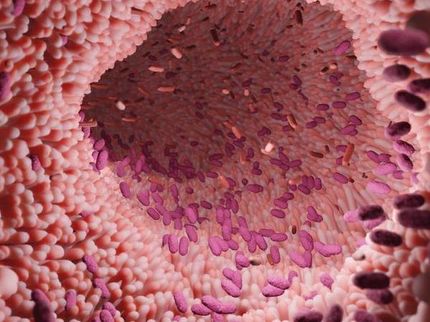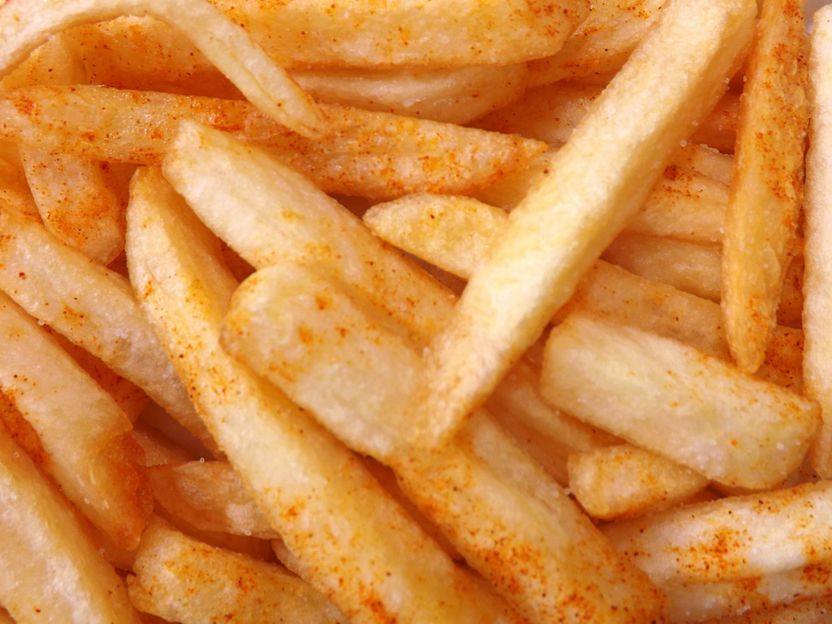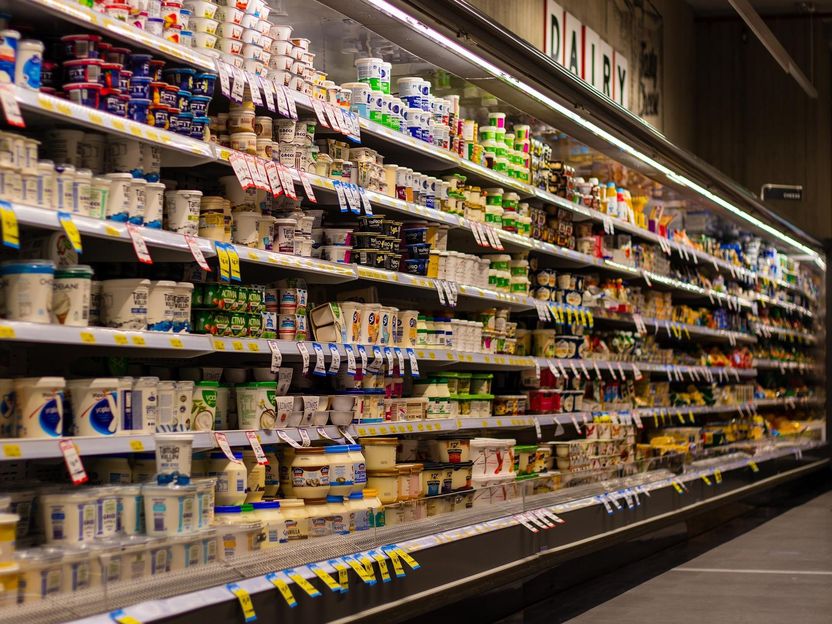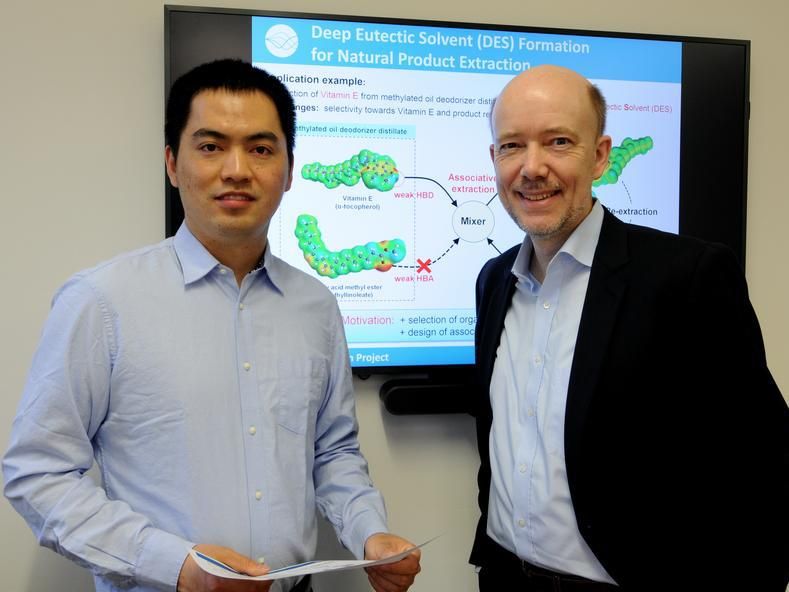What can reduce the consumption of sweet drinks?
Munich scientists show which forms of prevention are demonstrably effective.
The supermarket shelves are full of them, soft drinks (sweet drinks) dominate worldwide beverage consumption. Sweet drinks are not only regarded as one of the main causes of the worldwide increase in obesity (severe overweight), but they also increase the risk of diabetes (diabetes), cardiovascular disease and tooth decay. The World Health Organization has therefore called on politicians, business and society to implement preventive measures to support the choice of healthier beverages.
But which forms of prevention are promising? Scientists from the LMU and the Technical University of Munich (TUM), in collaboration with the Cochrane Network, have investigated this question. They have investigated the measures for which there is reliable scientific evidence that they reduce population-wide soft drink consumption. They have focused on prevention of relationships, i.e. measures that address the environmental factors and the living and working conditions of people. Sweet drinks and soft drinks include all drinks with added sugar such as cola drinks, soft drinks, energy drinks and sweetened iced teas.
The authors reviewed more than 10,000 scientific publications and identified 58 studies that met pre-defined quality criteria. These 58 studies were conducted in 14 different countries, and together had more than one million children, adolescents and adults as participants.
The Review found that there is scientific evidence for a number of approaches to reducing sweet drink consumption. These include among others:
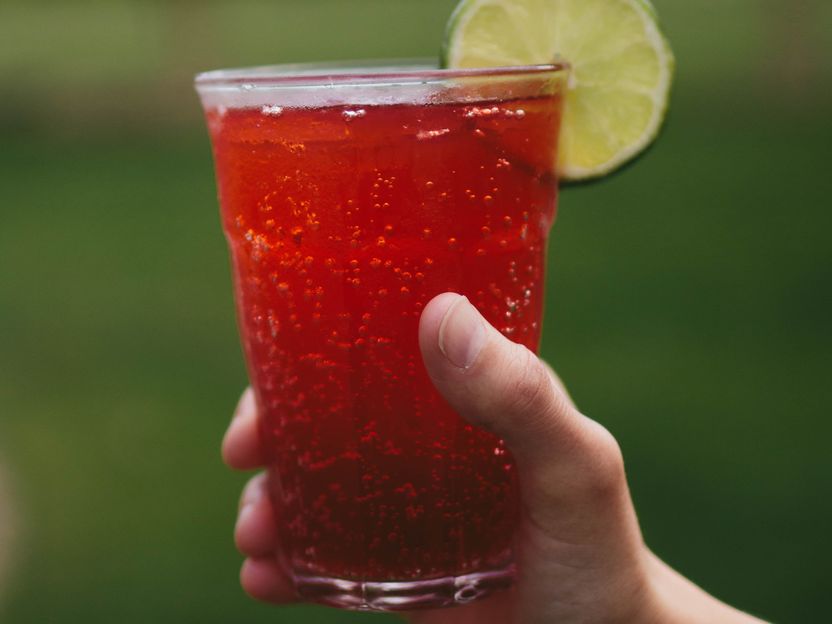
symbol image
Photo by Battlecreek Coffee Roasters on Unsplash
-
Easy to understand food labels, such as colour coding using the traffic light principle
price increases on soft drinks in restaurants, shops and leisure facilities
reduction in the supply of soft drinks in schools
children's menus in restaurant chains, The better placement and marketing of healthier drinks in supermarkets
Local health campaigns with a focus on soft drinks
The provision of alternative drinks in the household or at home
Some of the measures may seem obvious, but so far there has been no comprehensive overview of which measures are demonstrably effective, according to the researchers.
"The results of this review are relevant for politics in Germany," says the first author of the review, Peter von Philipsborn, a researcher at the Institute for Medical Information Processing, Biometry, and Epidemiology (IBE) and the Pettenkofer School of Public Health at the LMU. "For example, the German government is currently working on a concept for labelling the nutritional content of foods and beverages. The German Society for Nutrition and medical associations such as the German Alliance for Noncommunicable Diseases (Deutsche Allianz Nichtübertragbare Krankheiten, THANK) have also been calling for a long time for no sweet drinks to be offered in schools. Unfortunately, we are still a long way from this in Germany."
"The Review highlights the key building blocks of a comprehensive strategy to reduce the consumption of sweet drinks among the population," says author Professor Eva Rehfuess, who heads the Chair of Public Health and Health Services Research at the IBE. "The frequency of obesity and diabetes mellitus is increasing continuously worldwide," adds Prof. Dr. Hans Hauner, holder of the Chair of Nutritional Medicine at the TUM. "This trend will not be reversed without comprehensive and targeted efforts. Governments and businesses must play their part in ensuring that healthy choices become easy choices when it comes to beverage consumption as well."
Note: This article has been translated using a computer system without human intervention. LUMITOS offers these automatic translations to present a wider range of current news. Since this article has been translated with automatic translation, it is possible that it contains errors in vocabulary, syntax or grammar. The original article in German can be found here.
